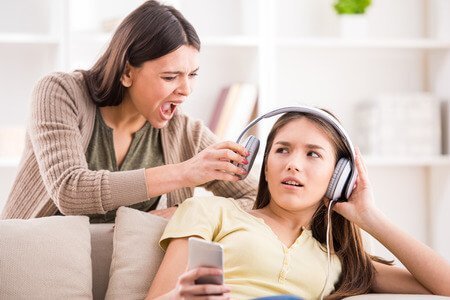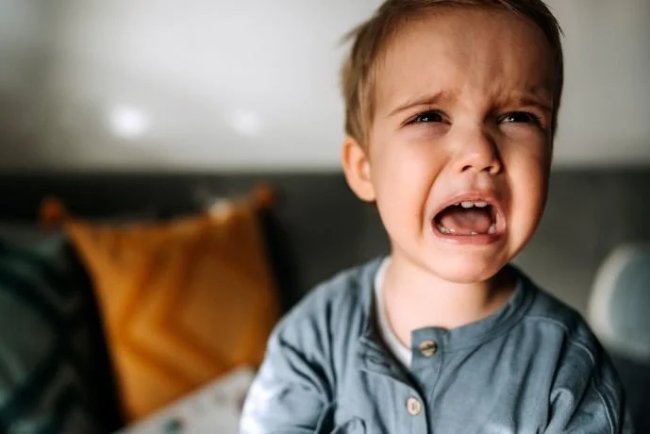Is Your Teen Withdrawn or Just Tired of Quarantine? Here’s What Parents Should Know
The teenage years are a strange, intense season of life even in the best of times. But add a global pandemic, a loss of routine, and isolation from friends, and it’s no wonder many teens have felt like they’re unmoored, emotionally and mentally.

As parents, it’s been tough to know what’s “normal” teen moodiness and what’s a signal that something deeper might be going on. So let’s talk about it honestly, compassionately, and with the understanding that this isn’t just hard for teens. It’s hard for you, too.
Why the Pandemic Hit Teens Differently
Teenagers are wired to push boundaries, test independence, and cling tightly to their peer groups. So when the world suddenly asked them to stay inside, miss out on milestones, and keep their distance from friends it wasn’t just inconvenient. It was a major psychological blow.
Of course, not all teens reacted the same way.
Some kids, especially introverts or those who struggle with social anxiety found unexpected comfort in the quiet of home. Others enjoyed extra time with family, more sleep, and less pressure.
But for many teens, the silence has grown too loud. And the walls of home have started to close in.
When your family is also navigating job loss, health worries, or financial stress, the emotional load multiplies. And teens even if they don’t say it out loud often carry that load right alongside you.
Warning Signs That Deserve Your Attention
Not every bad mood is a crisis, but some shifts are worth watching closely. Here’s what to keep an eye on:
They’re pulling away more than usual. Some isolation is typical for teens, but if your child rarely leaves their room, avoids family entirely, or stops texting their closest friends that’s a red flag.
They’ve lost interest in what used to light them up. Whether it was drawing, gaming, playing guitar, or baking cakes if their spark is gone, pay attention.
Sleep patterns are off. Oversleeping, insomnia, or staying up all night and sleeping through the day can signal emotional distress.
They talk about death or seem hopeless. If they joke about wanting to disappear, or say things like “What’s the point?” take it seriously. Ask them directly if they’ve thought about harming themselves. It’s a scary question to ask, but one that can save a life.
What You Can Actually Do to Help
Let’s be real: You can’t fix everything.
If something feels off, call your child’s doctor or therapist. Many providers are doing virtual visits now, and support is more accessible than ever.
2. Bring life back to the home, gently.

This “new normal” won’t work without some new rhythms. Sit down with your teen and ask: What small things help you feel human again? A walk, a silly TV show, calling a friend, learning a TikTok dance together? Find them and do them.
3. Keep your teen out of their room sometimes.
No, you can’t force them to suddenly be social. But you can create moments of connection: a family meal, a movie night, helping cook dinner, even folding laundry together. It’s about presence, not perfection.
4. Get them moving but don’t make it a punishment.
Movement shifts mood.
Even a short walk around the block, or dancing in the kitchen, can release stress. If you have a pet, great, let your teen take over some of the walking duties.
5. Use the community resources you have.
Schools, local groups, even online clubs are still running often in creative, socially distanced ways. Don’t underestimate how healing even light social interaction can be.
A Final Word from One Parent to Another
No one gave us a guidebook for parenting through a pandemic. You’re probably juggling your own stress while trying to hold space for your child. That’s a heavy lift.
But here’s the good news: Even small shifts, a genuine conversation, a walk outside, a call to a therapist can make a lasting difference.
Stay curious about what your teen is feeling, not just how they’re acting.
Stay present, even when they push you away.
And most importantly, remind them in words and in action that they’re not alone.
What's Your Reaction?




















